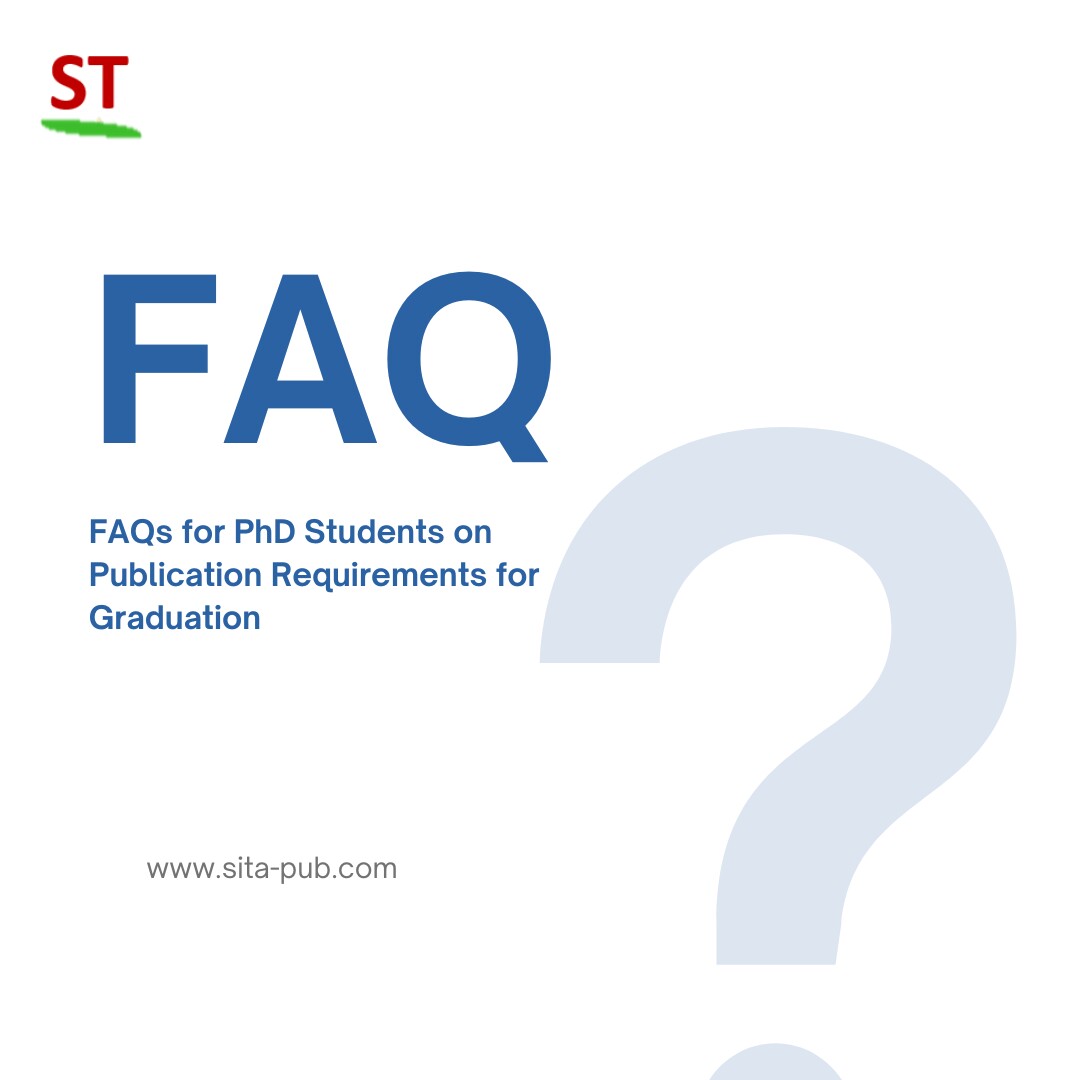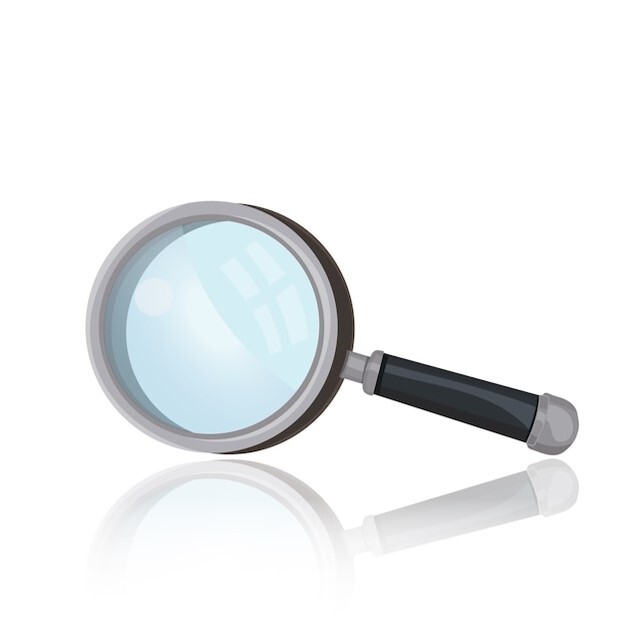FAQs for PhD Students on Publication Requirements for Graduation


Publishing research is an important part of getting your PhD. Knowing the publication process can help reduce stress and improve your experience. Here are some common questions to guide you through the publication requirements for graduation.
Most PhD programs encourage or require at least one publication before you graduate. This requirement can differ by field and school. Some programs might allow conference presentations or posters instead of a publication. Check your program guidelines to see what is expected.
Acceptable publications usually include peer-reviewed journal articles, conference papers, or book chapters related to your research. Publishing in well-known journals can improve your academic profile.
Yes, you can often publish several papers based on different parts of your thesis. Many PhD students write separate papers from different chapters or findings. Just make sure each paper offers unique information to avoid self-plagiarism. Always check your school’s guidelines and talk to your advisor.
Institutions often have specific requirements for publication, which can guide your choices. Based on these requirements, you might consider publishing in the following:
These journals provide a broad reach and are recognized across various fields.
Ideal for biomedical and life sciences research, focusing on clinical and translational studies.
Known for high-quality research and rigorous peer review, suitable for impactful publications.
When selecting a journal, ensure it aligns with your institution's guidelines and your research focus.
Remember to check your institution's specific publication criteria, as this can influence your choice and ensure that your work meets graduation requirements.


Scope and Audience: Make sure the journal fits your research topic.
Impact Factor: Consider the journal's reputation, not just its impact factor.
Open Access Options: Decide if you want your work to be freely accessible.
Review Time: Look at how long it typically takes for peer review.
Make sure your research is complete and well-reviewed. Understand the journal’s focus to tailor your manuscript. Organizing your data clearly will improve your submission.
A standard research paper includes:
Abstract: A brief summary of your research.
Introduction: An overview of the research problem.
Methods: Explanation of your research design.
Results: Presentation of your findings.
Discussion: Interpretation of the results.
Conclusion: Summary of findings and future research suggestions.
Formatting ensures your manuscript meets the journal's requirements, helping avoid rejection. Proper formatting also makes your paper easier to read and shows attention to detail.
Get feedback from your advisor and peers. Constructive criticism can help you improve. Consider attending writing workshops offered by your university.
Choose a Journal: Select one that fits your research.
Format Your Manuscript: Follow the journal’s guidelines.
Prepare a Cover Letter: Introduce your research and its importance.
Submit Your Paper: Use the journal's online system to upload your work.
The time can vary, but it usually takes several months to over a year from submission to publication.
Your paper will be reviewed by experts in your field, who will assess its quality and originality. You will receive feedback that can help improve your work.
Address each comment from reviewers carefully. Revise your manuscript as needed and include a detailed response to show you value their feedback.
To improve your chances:
Choose the right journal for your research.
Follow submission guidelines closely.
Submit a high-quality manuscript.
Show a good understanding of existing research.
Network with editors at conferences.
Check for plagiarism to ensure originality.
Adhere to formatting guidelines specified by the journal.
Proofread your manuscript carefully to eliminate errors.
By following these steps, you can enhance the likelihood of your work being accepted for publication.
Many universities offer resources like writing centers, workshops, and citation tools. Use these services to enhance your publication skills.
Yes, working with faculty can improve your research and provide helpful insights into the publication process.
Follow ethical guidelines in research. Always cite sources properly to avoid plagiarism. If your research involves human or animal subjects, get the necessary approvals.
To avoid disputes, discuss roles and contributions with collaborators early on. Set clear agreements on authorship before writing.
After publication, promote your work through social media, academic networks, and your institution’s website. This can increase visibility and recognition.
Be open to inquiries about your work. Engaging with interested people can lead to networking and collaboration opportunities.
Navigating the publication process can be challenging for PhD students, but understanding the steps can make it easier. By preparing well, seeking support, and following ethical standards, you can successfully publish your research and meet graduation requirements. Remember, publishing is not just a requirement; it’s an opportunity to share your work with a larger audience.
SITA Academy is a service that helps researchers, authors, and students with their academic needs. We have a successful track record in publication support services. Our team provides assistance with manuscript formatting, journal selection, and submission, making it easier for clients to achieve their publishing goals.
If you have any questions, inquiries, or would like to learn more about our services, please don't hesitate to reach out to us. Our dedicated team is ready to assist you.